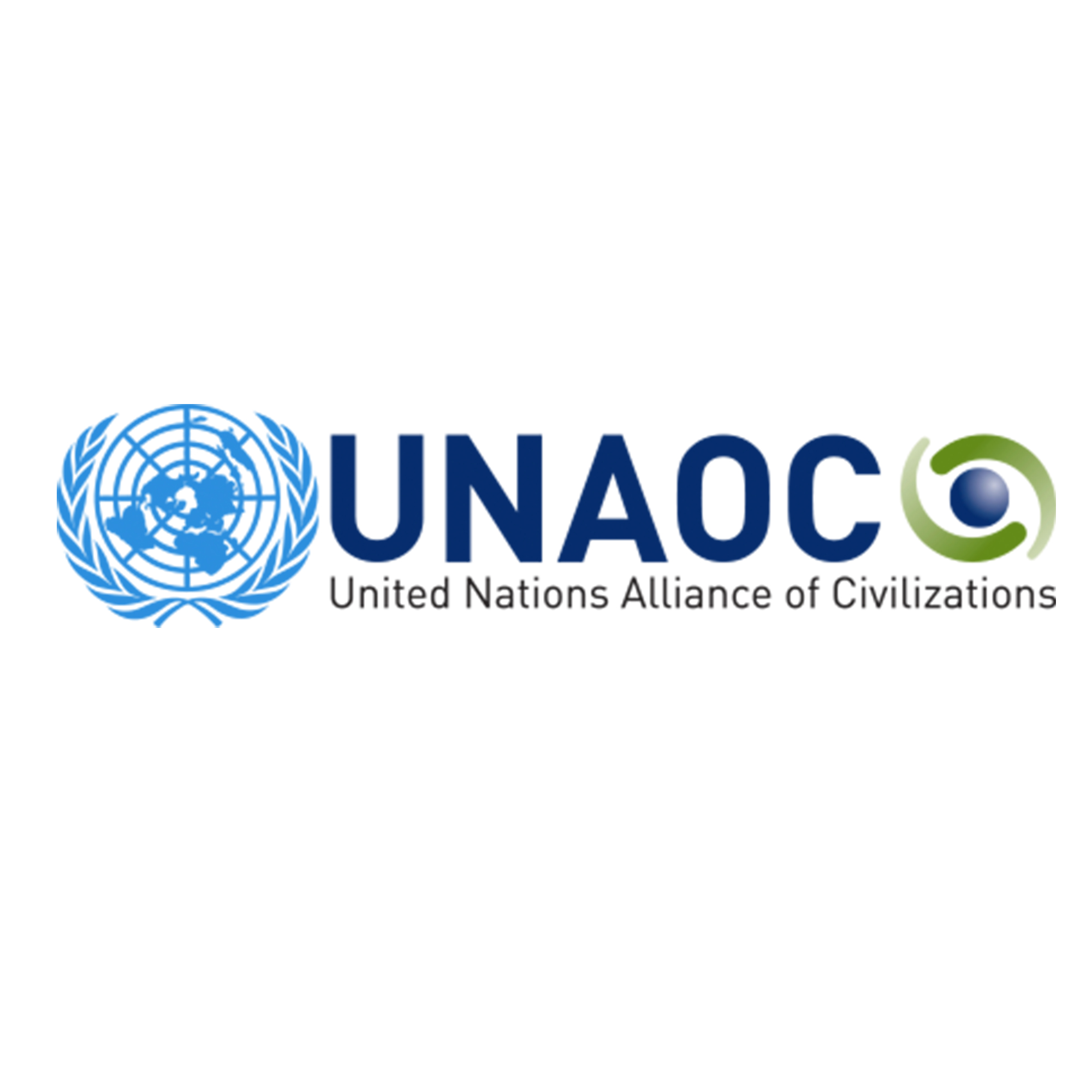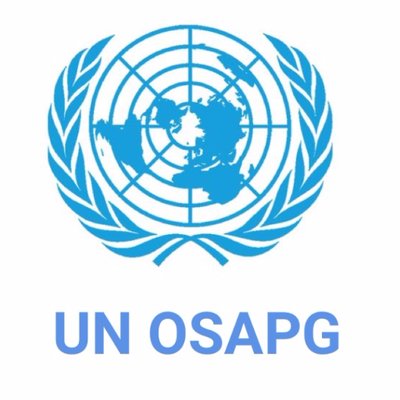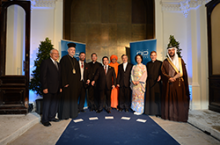الشراكات والعلاقات الخارجية
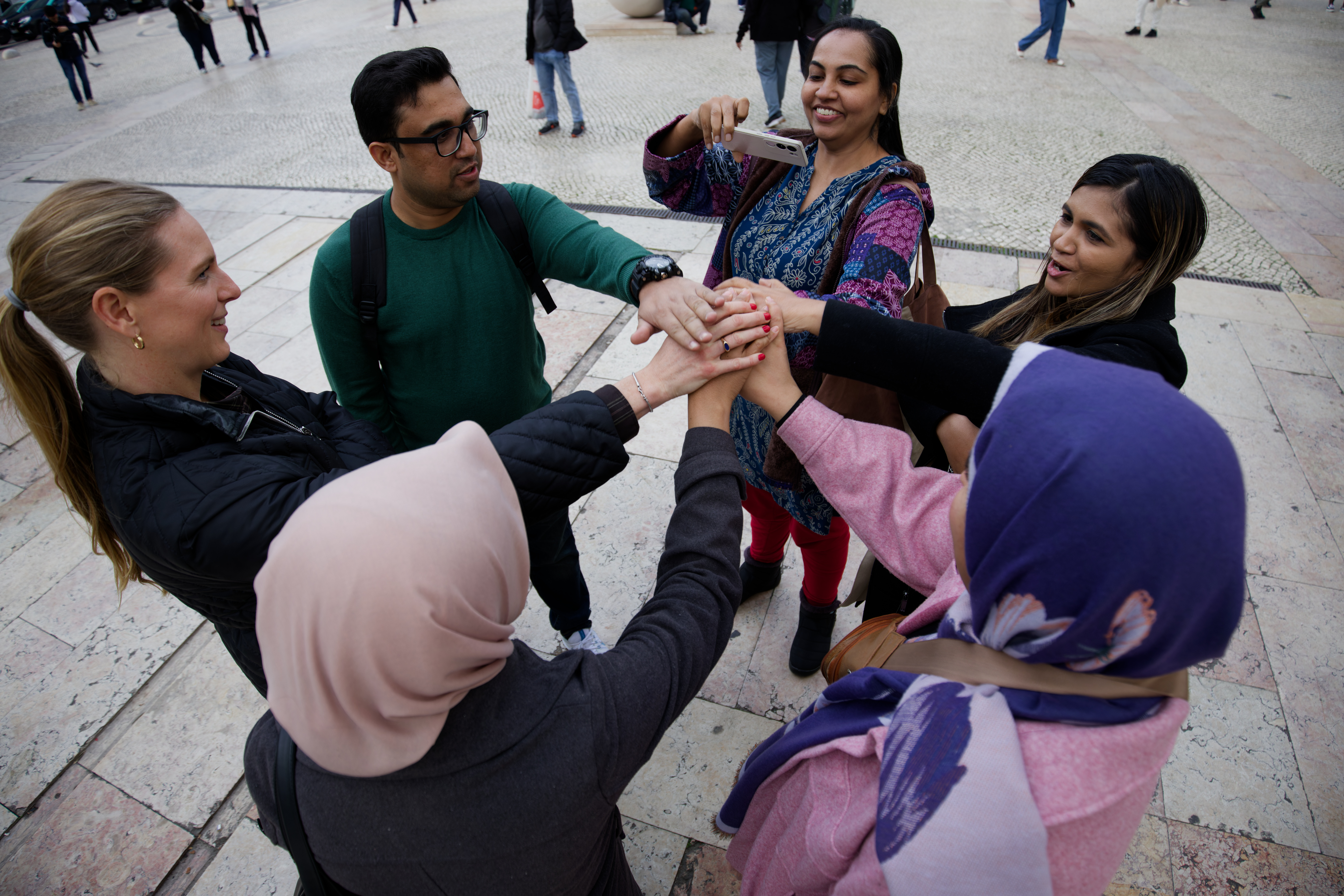
رفقة الشركاء والداعمين، يؤثر مركز الحوار العالمي "كايسيد" في جميع أرجاء العالم بفضل القوة التحويلية للحوار بين أتباع الأديان والثقافات. ولأننا نعلم أنه لا يمكننا فعل ذلك بمفردنا، فإن شراكاتنا تتراوح ما بين مؤسسات ومنظمات القيم الدينية والحكومات والمنظمات غير الحكومية والجامعات والمؤسسات الأكاديمية والمنظمات الشعبية.
وإن العمل مع الآخرين يعمق تأثير عملنا ويضاعفه ويدعم أنشطة المناصرة وزيادة الوعي ويحسن التدريب وبناء القدرات، فضلًا عن أنه يساعدنا على الإسهام في هدف الأمم المتحدة المتمثل في "تمتع الناس كافَّة بالسلام والازدهار". ويدرك شركاؤنا أنه لكي نضع حدًّا للصراع والأزمات ولبناء مجتمعات يسودها السلام والتماسك، علينا أن نعي أهمية القيم المشتركة التي تربطنا معًا.
وإلى جانب التعاون الطويل الأمد لكايسيد مع العديد من المنظمات والمؤسسات، فقد أبرمنا شراكات رسمية مع أكثر من اثنتي عشرة منظمة عبر مذكرات التفاهم (MoUs)، التي تعد جزءًا من إطارنا الاستراتيجي للعلاقات الخارجية.
واضطلع المركز أيضًا بدور استشاري للمؤسسات الحكومية الدولية التي تحتاج إلى الخبرة في إشراك منظمات القيم الدينية عن طريق عمليات الحوار. ومن ناحية أخرى، أعان المركز الجهات الفاعلة الدينية ومنظمات القيم الدينية على تحسين فهم خطط المؤسسات الحكومية الدولية والحكومية وأُطرها.
وتحقيقًا لهذه الغاية، أمَّن المركز للشركاء بناء القدرات والموارد الازمة لإدماج الحوار إدماجًا أفضل في أعمال بناء السلام والتنمية. وإن دعمنا للشركاء يرتبط ارتباطًا وثيقًا بجداول أعمال التنمية العالمية، ومنها جدول أعمال عام 2030 وأهداف الأمم المتحدة للتنمية المستدامة (SDGs).
ويؤيد المركز إعلان الأمم المتحدة بشأن حقوق الإنسان واتفاقيات اليونسكو المتعلقة بالثقافة وأنشطتها التنفيذية. وعلى غرار نهج اليونسكو تجاه جدول أعمال عام 2030، يرمي كايسيد إلى الإسهام في المجتمعات السلمية والاندماج انطلاقًا من تعزيز ممارسة الحريات الأساسية ودعم أنظمة الحوار التشاركية لزيادة احترام التنوع الثقافي والديني وتحقيق المساواة بين الرجل والمرأة.
شركاؤنا
KAICIID’s programmatic partnerships are closely linked to its mandate to enhance interreligious and intercultural dialogue and aligned with the priorities identified in KAICIID’s Strategic Plan for 2024–2027 and the annual work programme as approved by the Centre’s Governing Bodies.
The Centre is not a donor organization and does not have a mandate to implement development or humanitarian work.
The Centre’s partnerships are established based on cooperation frameworks. For instance, through Memoranda of Understanding or other formal agreements, applicable when there is long-term institutional interest, capacity and commitment from both institutions. Such partnerships usually develop following previous cooperation that has proved to be mutually beneficial and in alignment with the Centre’s mandate.
Furthermore, the Centre engages with partners in contractual cooperations, such as collaboration agreements to jointly develop a project or initiative, within a defined and finite timeframe. Collaboration agreements are established where resources, responsibilities and expected outcomes are agreed upon and shared and agreed by both parties. Such instruments are used mainly to formalise cooperation with strategic partners, based on their institutional profile, expertise, scope and area of operations, which must be closely aligned with KAICIID’s priorities.
KAICIID also runs grant schemes wherein the Centre provides a grant to a partner to implement a project linked with KAICIID’s programmatic activities and strategic objectives. These are targeted grants, available through open and competitive calls, where concrete themes, scope of interventions and other criteria are clearly communicated and closely aligned with the Centre’s values and mission. The calls are announced on the Centre’s website and social media channels. No other granting opportunities are available beyond these calls, and potential applicant organizations are invited to consult the website regularly.
All partnerships are subject to reporting, and monitoring and evaluation frameworks. Depending on the profile of partners and specificities of programmatic engagement, the partnership may require approval by KAICIID’s Governing Bodies.
KAICIID also provides free online capacity-building opportunities and resources on interreligious and intercultural dialogue.
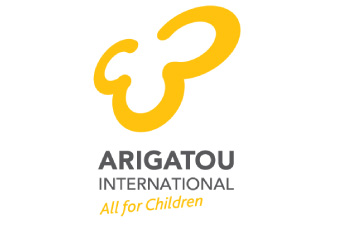
![ISCREB Logo [file:field-file-image-alt-text]](/sites/default/files/iscreb_square_2.jpg)
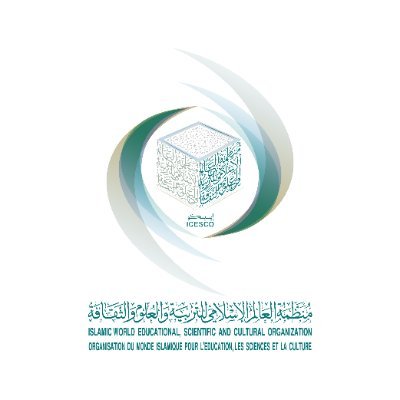
![[file:field-file-image-alt-text]](/sites/default/files/religions_for_peace_1.jpg)
